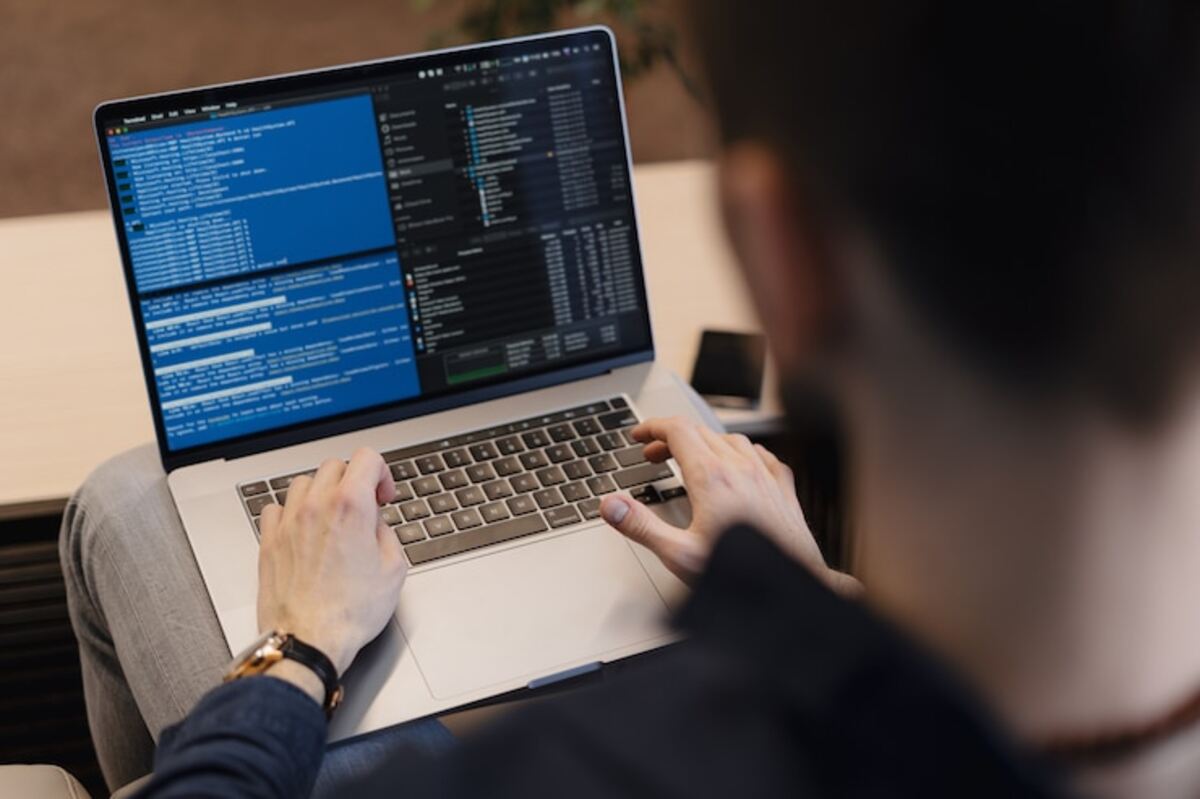When learning Python, it’s important to practice and project problems. There are several resources available for learning the language. These include tutorials, books, and websites. Learn more about these resources to get started with Python. Also, try to do practical projects, such as writing a simple program to run a web server.
Practice problems and projects
Building projects with Python is an excellent way to learn the language. Not only do they teach you the basics of syntax, but they also help you learn other general programming concepts. The projects can be of various kinds, from desktop applications to data science. You can follow step-by-step instructions to build a project. Building projects with Python will help you practice the concepts you have learned and develop practical coding skills.
Some projects for Python beginners can be very simple, such as a guessing game. The input can be an adjective, noun, or pronoun. The game gives you clues that increase your chances of making the correct guess. However, if you make an incorrect guess, you lose points.
Resources for learning Python
If you are a Python beginner, you can find many useful resources online. The Python community is active and often publishes new tutorials and walkthroughs. You can also sign up for PyCoder’s Weekly, which is a free email newsletter that features new resources every week. Both of these services are designed to help beginners become proficient with the language.
Several free books are available online. The best one for beginners is the Swaroop book, which covers the basics of OOP, I/O, and exceptions. This book is well-written and also contains lots of code examples. It also has an excellent problem-solving section. If you are new to coding, the book will help you think about what you are doing and what you are trying to accomplish.
Getting started in Python 3
Getting started with Python is a great way to learn more about computer programming and its various tools. It’s simple to learn, and experienced programmers can pick it up in no time. There is a wide range of resources available for Python beginners, including the official documentation and a community of programmers. You can join online forums, attend open-source communities, and even organize a local meetup to learn more.
A course on Python programming is a great way to learn the basics of the language and get a feel for the syntax and structure of the language. Many online resources offer courses that can teach you the basics. These tutorials are often covered under the Creative Commons Licence, allowing you to download PDF and HTML versions for free. These tutorials contain specific topics and key points that will get you on your way to becoming a professional Python programmer.
Learning Python 2
Whether you’re looking for a quick introduction to Python or you’re an advanced programmer looking for more in-depth training, there are several great resources on the internet. Many of them are available for free, and some are covered under the Creative Commons Licence. These tutorials feature key topics and specific points to guide you from beginner to expert.
Once you have the basics down, it’s important to look into Python IDEs, books, and code samples. You can also join an open-source community or attend a local meetup in your area to meet fellow Python developers.

